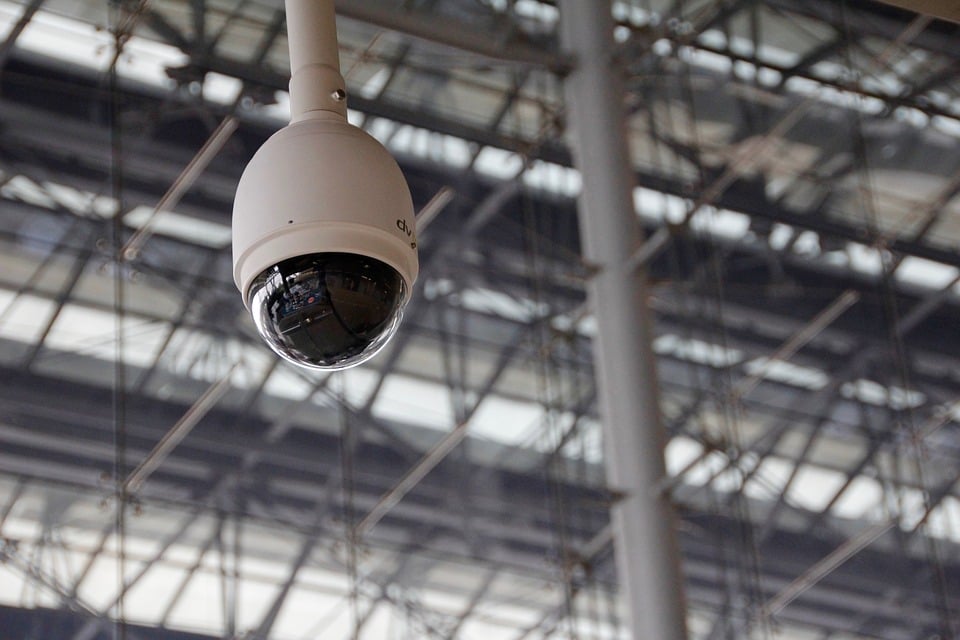MSP TODAY NEWS
Free eNews SubscriptionReal Estate Forecast 2025: Emerging Developments and Market Shifts
Buying or selling property can be challenging. Rising mortgage rates and fluctuating home prices leave many uncertain about their next move. Business …
Read MoreProtecting Business Assets with Smarter Security Frameworks
Protecting your business is more challenging than ever. Cyber threats are increasing every day. Hackers target small and large businesses alike, searc…
Read MoreReimagining Public Transportation in the Era of Smart Mobility
Public transportation can be frustrating. Buses stuck in traffic, late trains, and hard-to-navigate systems often leave people stressed or stranded. M…
Read MoreSonicWall Powers Secure Access for Missouri MSP, Improving Cybersecurity and Network Access for Clients
With SonicWall, Stronghold Data delivers a modern, secure remote access solution that ensures access to networks and resources and improves cybersecur…
Read MoreGuardz Unleashes AI-Driven ITDR to Combat Escalating Identity-Based Threats
The launch of Identity Threat Detection and Response (ITDR) gives MSPs the tools to defend SMBs against increasingly sophisticated attacks targeting u…
Read More





